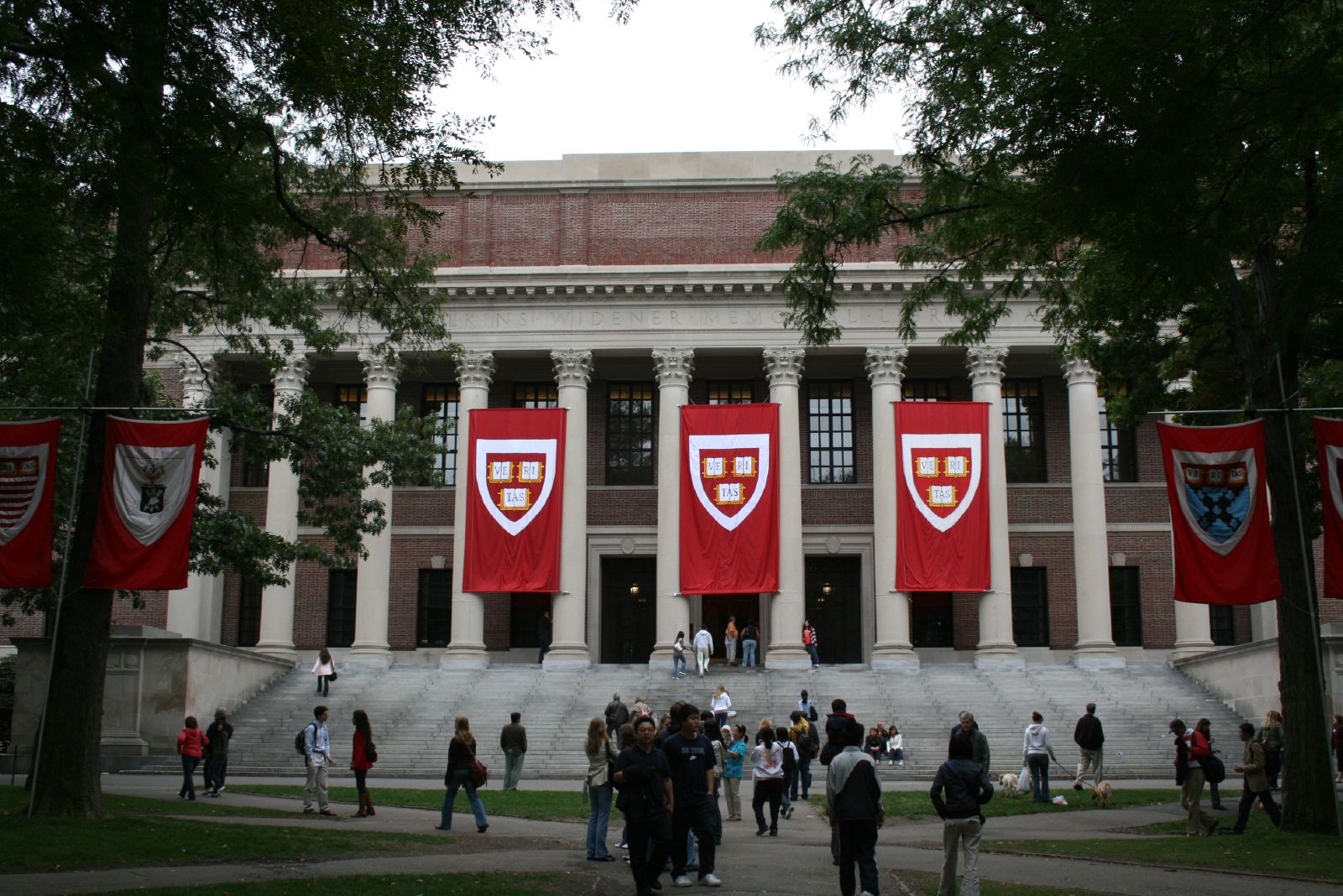As President of the Harvard Political Review, I’ve spent my week confronting a question I never thought I’d have to answer when I was elected by my peers in November: How do we protect international students against persecution by the federal government for the articles they publish on our site?
Alarmist as it seems, this is the reality leaders of student papers across the country now face after a student was detained two miles from our campus for an article she co-authored in The Tufts Daily.
Our staff is doing everything we can to carry on the HPR’s mission of telling compelling stories that confront and challenge authority, while at the same time protecting our at-risk writers. Still, we are a small, young, and unpaid team. Thanks to those who read and share our work, our words hold power. But we recognize its limits. We cannot uphold press freedoms on our own, nor can any of the small papers across the country that are working desperately to do the same.
It is in these dire times that we look to our leaders. And for months, I have waited for the big, powerful institutions to show us the way forward in this troubling new reality. To my dismay, I’ve instead watched respected organizations fall in line one by one, sacrificing their values in order to carry on business as usual.
Media organizations were the first to go. In December, ABC agreed to a $15 million settlement to pay President Trump’s presidential library to settle a defamation suit, failing to stand up for anchor George Stephanopolous. A month later, Paramount — CBS’s parent company — began settlement talks with President Trump for using standard editing practices in a “60 Minutes” interview with Kamala Harris. These corporations have the cash flow and legal muscle to fight these suits and weather any federal blowback that follows; the Des Moines Register, now the target of an emboldened Trump, does not.
Next came the law firms, which caved with stunning speed, collectively submitting to $940 million in pro bono work for conservative causes under threat of losing government contracts. Worse, not only did the big firms fail to band together to turn back an existential threat to the legal profession, but several contributed to their collective demise, using it as an opportunity to poach talent from their at-risk peers.
Now, Trump has turned his gaze toward higher education, threatening universities with billions in cuts for allegedly failing to effectively address antisemitism during pro-Palestine campus protests last year, as well as for stifling conservative speech. With $400 million at stake, Columbia was the first to relent, committing to a broad set of changes including adopting a new definition of antisemitism which includes criticism of Israel; appointing new leadership to oversee the Middle Eastern, South Asian, and African Studies Department; and hiring a new internal security force with the power to remove and arrest students. Several other elite universities are now at risk of federal funding freezes, with Cornell already having over $1 billion in funding paused and Northwestern seeing $790 million in contracts and research grants suspended.
Unsurprisingly, Trump has now set his sights on Harvard. On April 11, administration officials from the General Services Administration, Department of Health and Human Services, and Department of Education issued a joint letter to Harvard’s leadership with a series of demands, including the discontinuation of DEI practices, the imposition of external oversight over faculty hiring decisions, and the implementation of more rigid student disciplinary procedures. Collectively, the proposed reforms would have brought about an unprecedented level of federal authority over a private university and violated the fundamental norms of academic freedom that have made American universities the incubators of innovative — often paradigm-challenging — ideas for centuries. The value of intellectual exploration is not confined to the left or right: it’s true that Critical Race Theory can be traced back to a U.S. university campus, but so can the foundations of modern conservative economics.
The demands also posed a looming threat to our publication, requiring a third-party audit of the Harvard Kennedy School — the HPR’s institutional backer — to assess “ideological capture” in the Carr Center for Human Rights Policy. Our current relationship with the Kennedy School grants the HPR full editorial independence. There is no knowing whether this status could be at risk due to the chilling effect of federal oversight on dissenting speech.
Fortunately, thanks to Harvard’s decision to reject the federal government’s terms, we will never need to find out.
Harvard’s gamble has already proven expensive. Monday evening, the Trump administration announced it would withhold $2.2 billion in federal funds until its demands were met. As of now, the effects this lost funding will have on our campus are unknown, although Harvard President Alan Garber implied in a Monday afternoon announcement that several research grants are at risk. Whatever the costs prove to be, we must pay them. We cannot put a price tag on our values.
Undoubtedly, many more institutions will face the same difficult choice as Harvard in the coming four years. I urge them to consider this: Your money is only as valuable as what it buys. The media organizations that settled may have their finances in check, but they can’t spend them on credibility. The law firms that relented may make payroll this month, but they’ll never buy back their integrity. No matter how much they take from Harvard, we’ll hold our heads high, for on this campus, truth — Veritas — still prevails.
President




